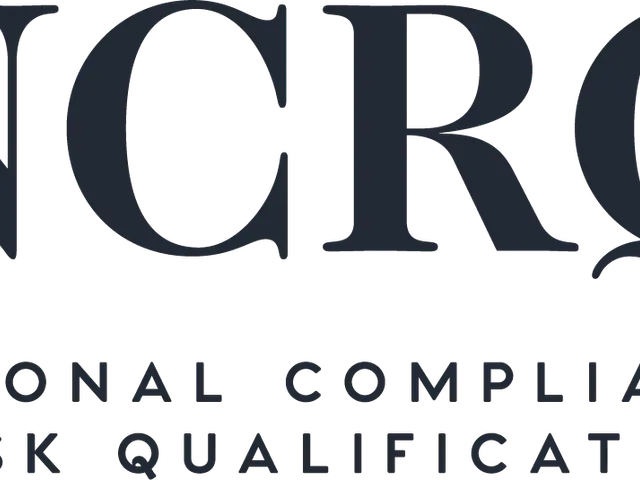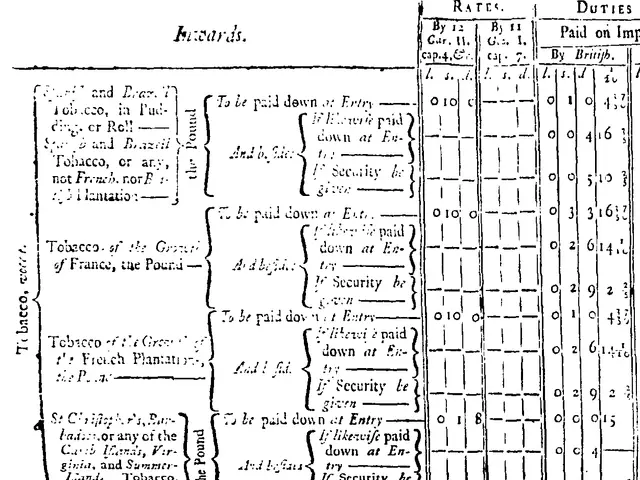BaFin Orders Raisin Bank to Fix Anti-Money Laundering Deficiencies
The Federal Financial Supervisory Authority (BaFin) has ordered Raisin Bank to rectify significant deficiencies in its anti-money laundering systems. This comes as the authority continues to closely monitor institutions, particularly those with FinTech connections, to ensure compliance with the Anti-Money Laundering Act (AMLA) and the Credit Institutions Act (CISA).
The BaFin's order, mandatorily published under § 51 (2) AMLA, highlights shortcomings in Raisin Bank's risk analysis, customer risk assessment, and IT-supported transaction monitoring. It also raises concerns about the duties of the bank's money laundering officer. Despite being a highly digitized business model, the BaFin accepts no compromises in money laundering prevention.
Raisin Bank, headquartered in Frankfurt, holds a full banking license and primarily acts as a service provider for FinTechs and platform providers. The bank states that the identified shortcomings date back to audit findings from 2021 and 2022, which have since been addressed and confirmed as rectified. However, the BaFin's order serves as a reminder for banks and FinTech cooperation partners that integrating new business models into the regulated framework comes with increased requirements for transparency, risk analysis, and IT monitoring.
The BaFin's action underscores its ongoing attention to anti-money laundering prevention, even with established platform providers. Institutions are under increasing pressure to continuously invest in prevention systems and compliance structures. The publication of the measure shows that the BaFin does not leave deficiencies unaddressed but exposes them and closely monitors their rectification.







